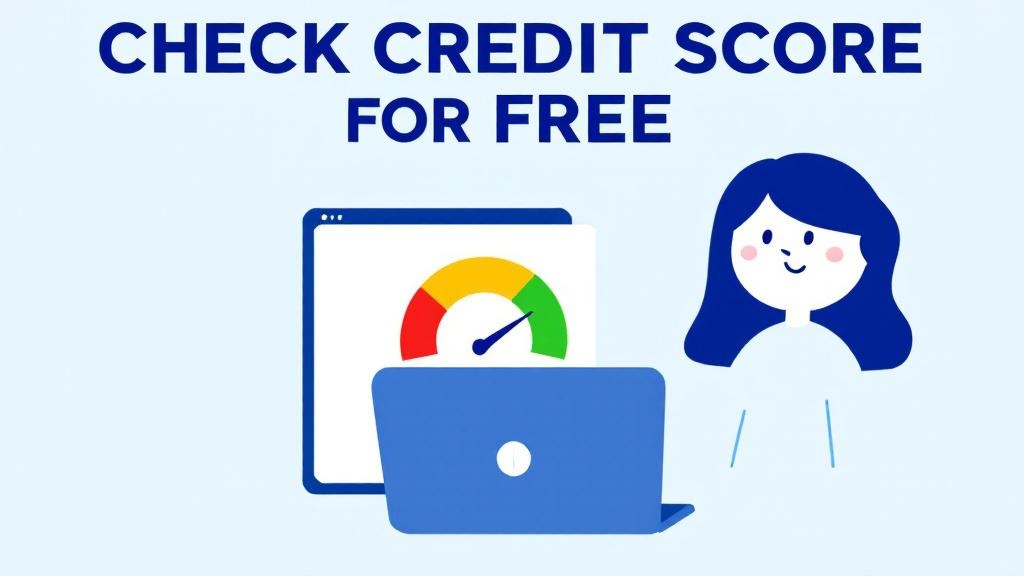Being your own boss has its perks—freedom, flexibility, and full control over your income. But when it comes to financial security, especially for your loved ones, many self-employed professionals overlook one crucial tool: term insurance.
Whether you’re a freelancer, consultant, small business owner, or a gig worker, having a term insurance plan is not a luxury—it’s a necessity. In this comprehensive 2025 guide, we break down everything you need to know about term insurance for self-employed individuals and how to choose the right plan for your lifestyle and income.
🚀 Why Term Insurance Is Essential for the Self-Employed
Unlike salaried professionals, self-employed individuals don’t get employer-provided life insurance or retirement benefits. This puts more responsibility on your shoulders to create your own financial safety net.
Here’s why self-employed life cover plans are critical:
💼 No corporate life insurance coverage
📉 Income may fluctuate due to market or client changes
👨👩👧👦 Dependents rely entirely on your income
🧾 Tax benefits under Section 80C and 10(10D)
🏥 Optional riders like critical illness cover and accident benefits add more protection
📌 Quick Fact: A ₹1 crore term plan for a 30-year-old non-smoker may cost as little as ₹500/month. That’s peace of mind for the price of a weekend coffee run.
🧾 What Is Term Insurance, and How Does It Work?
Term insurance is a pure protection plan that offers a high life cover for a low premium. If the insured passes away during the policy term, the nominee receives the sum assured. There’s no payout if the policyholder survives the term—making it highly affordable.
🔑 Key Features:
Fixed premium
No maturity value (unless return of premium is selected)
Policy terms from 10 to 40 years
Add-on riders available
Customizable coverage
👩💻 Especially helpful for freelancers and sole proprietors who don’t have employer benefits or formal retirement savings.
📋 Term Insurance Eligibility Criteria for Self-Employed
Even though you’re not a salaried employee, you can still qualify for term insurance. Here’s what insurers usually ask for:
✅ General Eligibility Requirements:
Age: 18 to 65 years
Proof of income (discussed below)
Identity and address proof
Health check-up (sometimes waived for younger applicants)
💼 Income Proof for Term Insurance: What Freelancers Must Know
This is one area that often confuses self-employed professionals. Insurers need to verify your income to decide your life cover eligibility.
🔍 Freelance Income Verification for Insurance:
Here are accepted documents:
ITR (Income Tax Returns) for the last 2-3 years
Bank statements showing regular business income
Audited profit & loss statements (if applicable)
GST returns for business owners
Form 16A (for freelancers paid via TDS)
✅ Tip: File your taxes regularly to make it easier to qualify for high coverage term plans.
🛡️ How Much Life Cover Should You Choose?
A common thumb rule is to opt for a life cover amount that is 10 to 15 times your annual income.
🧮 Use a Premium Calculator for Self-Employed:
Most insurers offer online premium calculators where you can:
Enter your age, income, and health details
Choose riders
Compare premium amounts instantly
🌐 Online Term Plans for Self-Employed in 2025
Gone are the days of endless paperwork. Now, you can get IRDAI-approved term insurance plans online with:
Paperless KYC
Instant premium quotes
Hassle-free documentation
Digital medical reports (where required)
✅ Best Term Insurance for Self-Employed (Top Picks):
| Insurer | Coverage | Entry Age | Medicals | Claim Settlement Ratio |
|---|---|---|---|---|
| HDFC Life Click 2 Protect Super | ₹50L–₹10Cr | 18–65 | Yes | 99.4% |
| Max Life Smart Secure Plus | ₹25L–₹5Cr | 18–60 | Conditional | 99.51% |
| LIC Tech Term | ₹50L–₹2Cr | 18–65 | Yes | 98.5% |
| Tata AIA Sampoorna Raksha Supreme | ₹50L–₹5Cr | 18–60 | Yes | 99.01% |
🧾 Tax Benefits of Term Insurance for Self-Employed
You can claim tax deductions even without a corporate structure.
📌 Available Deductions:
Section 80C: Premiums up to ₹1.5 lakh/year
Section 10(10D): Tax-free death benefit
Section 80D: Add-on premium for critical illness rider is separately deductible
📎 Bonus Tip: If your spouse is also self-employed, both of you can claim separate tax benefits on individual policies.
⚙️ Popular Riders for Freelancers and Entrepreneurs
Adding these optional covers can make your plan more comprehensive:
💡 Common Riders:
Critical illness rider for freelancers: Covers cancer, heart disease, etc.
Personal accident cover for self-employed: Additional payout for accidental death
Waiver of premium: Premium waived if you become permanently disabled
Income benefit rider: Monthly payouts instead of lump sum for dependents
🧠 Self-Employed Financial Planning with Term Insurance
Here’s how term insurance fits into a solid financial plan for freelancers:
✅ Covers business loans or EMIs in case of death
✅ Offers peace of mind for dependents, especially if you’re the sole breadwinner
✅ Helps in building credibility when applying for future business credit
✅ Supports self-employed income protection insurance goals
💬 Real-Life Example: A freelance graphic designer in Pune bought a ₹1 crore plan at 32. When he suffered a cardiac episode at 40, his critical illness rider paid ₹25 lakhs, helping with recovery and client loss.
📌 Things to Keep in Mind Before You Buy
✅ Disclose all income honestly
✅ Avoid under-insuring just to save on premium
✅ Review policy terms carefully, especially riders and exclusions
✅ Compare multiple plans using an online aggregator
✅ Choose insurers with high claim settlement ratios
❓ FAQs – Term Insurance for Self-Employed
1. Do I need term life insurance if I’m a freelancer with no dependents?
Yes, even if you don’t have dependents, it can cover loans, hospital bills, or business obligations. Plus, it gets costlier the older you get—buying early saves money.
2. What is the best term insurance for self-employed professionals in India?
Plans like HDFC Click 2 Protect and Max Life Smart Secure Plus are among the best term insurance for self-employed due to flexible features, affordable premiums, and excellent claim ratios.
3. How do I show freelance income to buy term insurance?
You can show ITR, bank statements, or Form 16A. Consistent income flow increases your coverage eligibility.
4. Can I get online term insurance with no income proof?
Some insurers may offer limited coverage without full income proof, but expect higher premiums or additional conditions. Full income disclosure is always safer and better.
5. What’s the ideal life cover amount for a self-employed person?
Ideally, 10–15x your average annual income. Consider adding extra for debts, children’s education, and inflation impact.
6. Are self-employed people eligible for riders like critical illness or accident cover?
Absolutely. These riders are available to both salaried and self-employed individuals.
7. Does term insurance offer any returns if I survive the policy term?
Standard term plans do not. But some Return of Premium (ROP) options refund the premium at maturity—though they cost more.
📝 Final Thoughts: Secure Your Future with Term Insurance Today
If you’re self-employed, your business income might be unpredictable—but your family’s future doesn’t have to be. Term insurance for self-employed individuals is an affordable, tax-saving, and responsible step towards long-term security.
Don’t wait for a health scare or financial hiccup. Get insured. Stay protected. Keep building your dreams.








Comments (0)